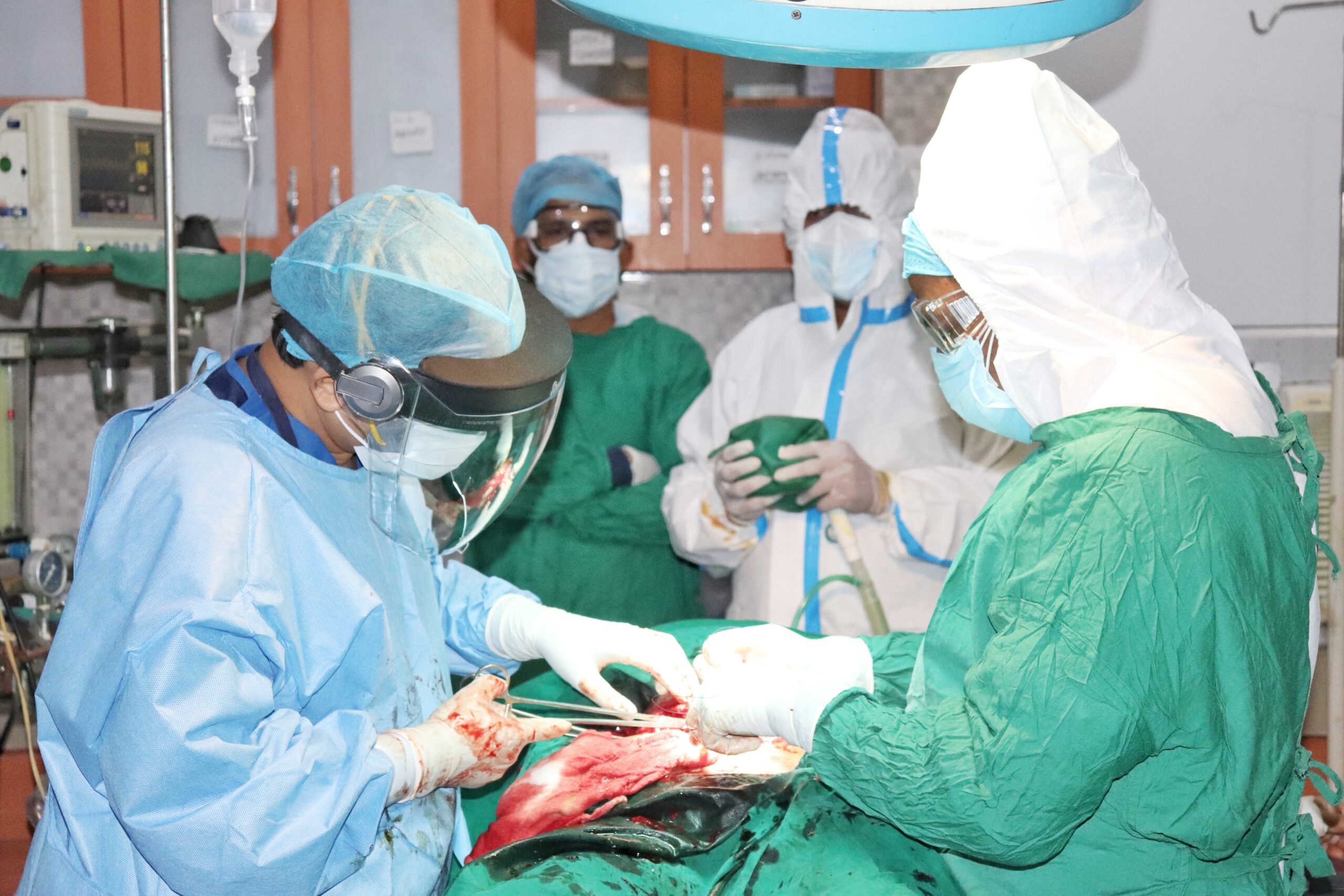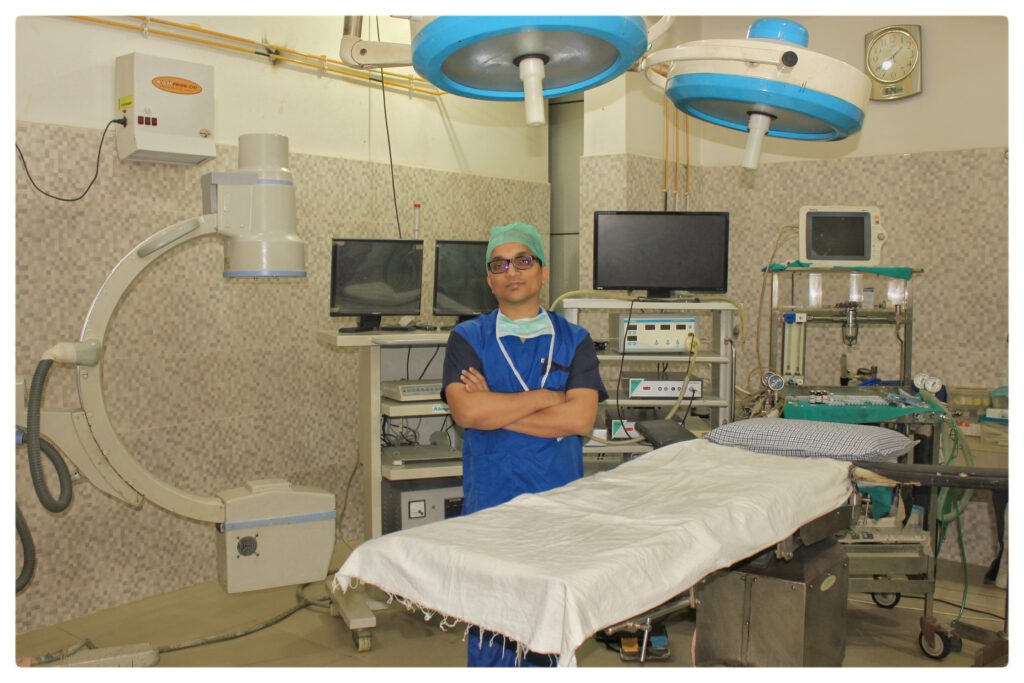General Surgery
General Surgery is a surgical specialty that focuses on abdominal contents including esophagus, stomach, small intestine, large intestine, liver, pancreas, gallbladder, appendix and bile ducts, and often the thyroid gland (depending on local referral patterns).
Trauma surgery/ Surgical Critical Care
All general surgeons are trained in emergency surgery. Bleeding, infections, bowel obstructions and organ perforations are the main problems they deal with. Cholecystectomy, the surgical removal of the gallbladder, is one of the most common surgical procedures done worldwide. This is most often done electively, but the gallbladder can become acutely inflamed and require an emergency operation. Infections and rupture of the appendix and small bowel obstructions are other common emergencies.All general surgeons are trained in emergency surgery. Bleeding, infections, bowel obstructions and organ perforations are the main problems they deal with. Cholecystectomy, the surgical removal of the gallbladder, is one of the most common surgical procedures done worldwide. This is most often done electively, but the gallbladder can become acutely inflamed and require an emergency operation. Infections and rupture of the appendix and small bowel obstructions are other common emergencies.
Laparoscopic surgery
This is a relatively new specialty dealing with minimal access techniques using cameras and small instruments inserted through 3 to 15mm incisions. Gallbladders, appendices, and colons can all be removed with this technique. Hernias are also able to be repaired laparoscopically. Bariatric surgery can be performed laparoscopically and there a benefits of doing so to reduce wound complications in obese patients. General surgeons that are trained today are expected to be proficient in laparoscopic procedures
Colorectal surgery
General surgeons treat a wide variety of major and minor colon and rectal diseases including inflammatory bowel diseases (such as ulcerative colitis or Crohn’s disease), diverticulitis, colon and rectal cancer, gastrointestinal bleeding and hemorrhoids
Breast surgery
General surgeons perform a majority of all non-cosmetic breast surgery from lumpectomy to mastectomy, especially pertaining to the evaluation, diagnosis and treatment of breast cancer.
Vascular surgery
General surgeons can perform vascular surgery if they receive special training and certification in vascular surgery. Otherwise, these procedures are typically performed by vascular surgery specialists. However, general surgeons are capable of treating minor vascular disorders.






